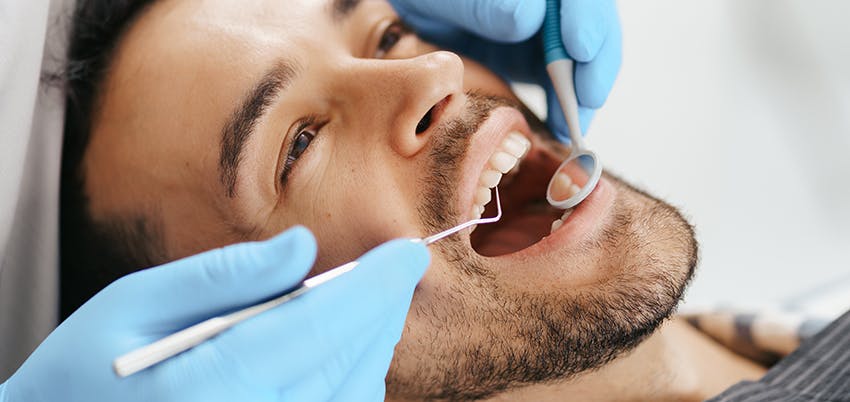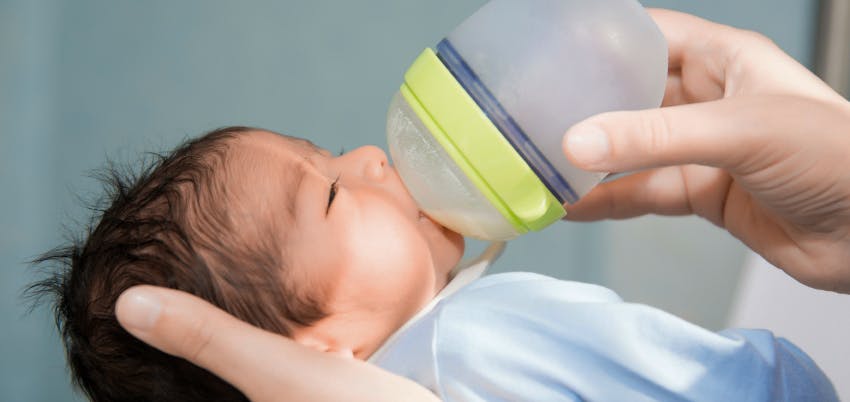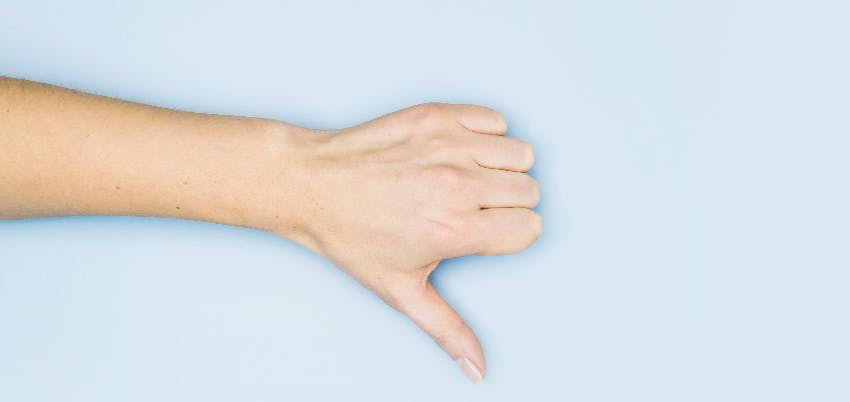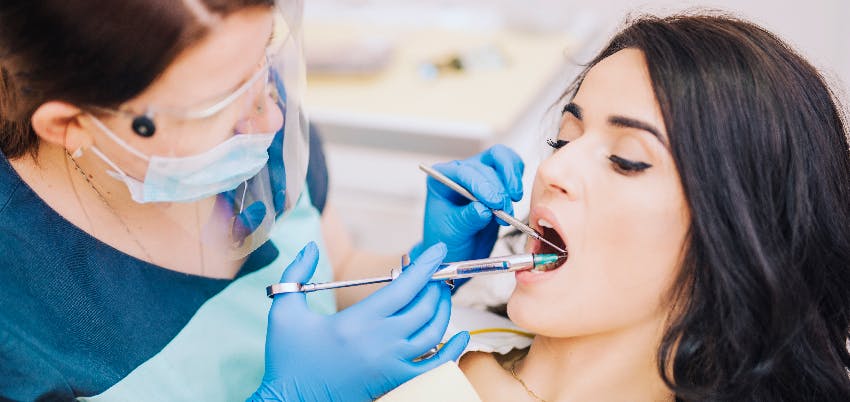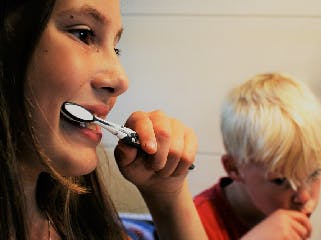
Removable Dental Prosthesis: definition, manufacture and hygiene
by Wildsmile
The removable prosthesis is a dental restoration treatment that allows it to be removed from the mouth at will. Its purpose is to replace one or more dental pieces that have had to be removed.
They fulfil a very important aesthetic function, but the adjustment they provide is never the same as that of a natural denture, so chewing usually feels different from what used to be with the authentic piece.
This option is chosen by people who do not wish to undergo the surgery that an implant would represent.
1. Types of removable prostheses
· Partial removable prostheses: they are made exclusively with resin. Usually the patient needs about three weeks to adapt to chew with her. Only a little patience is required and the problem will be solved. Pain may appear in the tissue that supports the prosthesis and the presence of ulcers is not ruled out. However, the same use leads to these discomforts disappear.
· Dental skeletal: it requires more manufacturing materials, since they are made with a metal alloy and resin. Metal, more precisely chromium-cobalt, is the support that snaps into the teeth that still persist in the patient's mouth, while the resin is what forms the gum and teeth. This option is usually the one chosen to make the transition to a fixed dental prosthesis. One of its advantages is that they are much cheaper than other alternatives in this regard.
The final choice between one option or another always depends on the patient. The dentist will make an assessment of the health status of the mouth and recommend the one that is best for the patient.
Since dental skeletal must have a firm support in the mouth, they are not recommended for those who have periodontal teeth, which are those that have movement within the gums. In that case, the removable partial denture is presented as the best option.
2. Steps to make a removable denture
For either case, measurements are taken from the patient's mouth in the dental office. From it a three-dimensional mold is made on which the dentist will make indications to the dental laboratory for the fabrication of the prosthesis.
The definitive prosthesis will require certain test models on which the dentist will work to adjust the model until reaching the final result.
3. Hygiene of removable dentures
Proper hygiene of dental prostheses is the first step to avoid conditions such as tartar, gingivitis or periodontal disease. The prostheses, like the natural denture, accumulate bacteria, even more due to the retention points they have with the existing denture.
On the other hand, in the case of skeletal, food is filtered and retained on the support hooks, which can be a source of decay.
In addition to immaculate hygiene, it is necessary to schedule visits to the dentist to perform the corresponding revisions. Professional monitoring is the only way to prevent future problems.
Want to learn more about this?
Contact us
Your contact request is registered. We will contact you as soon as possible.
Lorem ipsum dolor sit amet, consectetur adipisicing elit. Adipisci alias aliquid amet commodi dolor, dolore doloremque dolores fugit quod repellat.
 ENG
ENG
